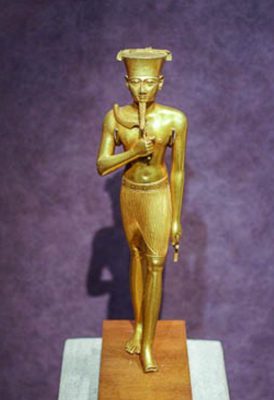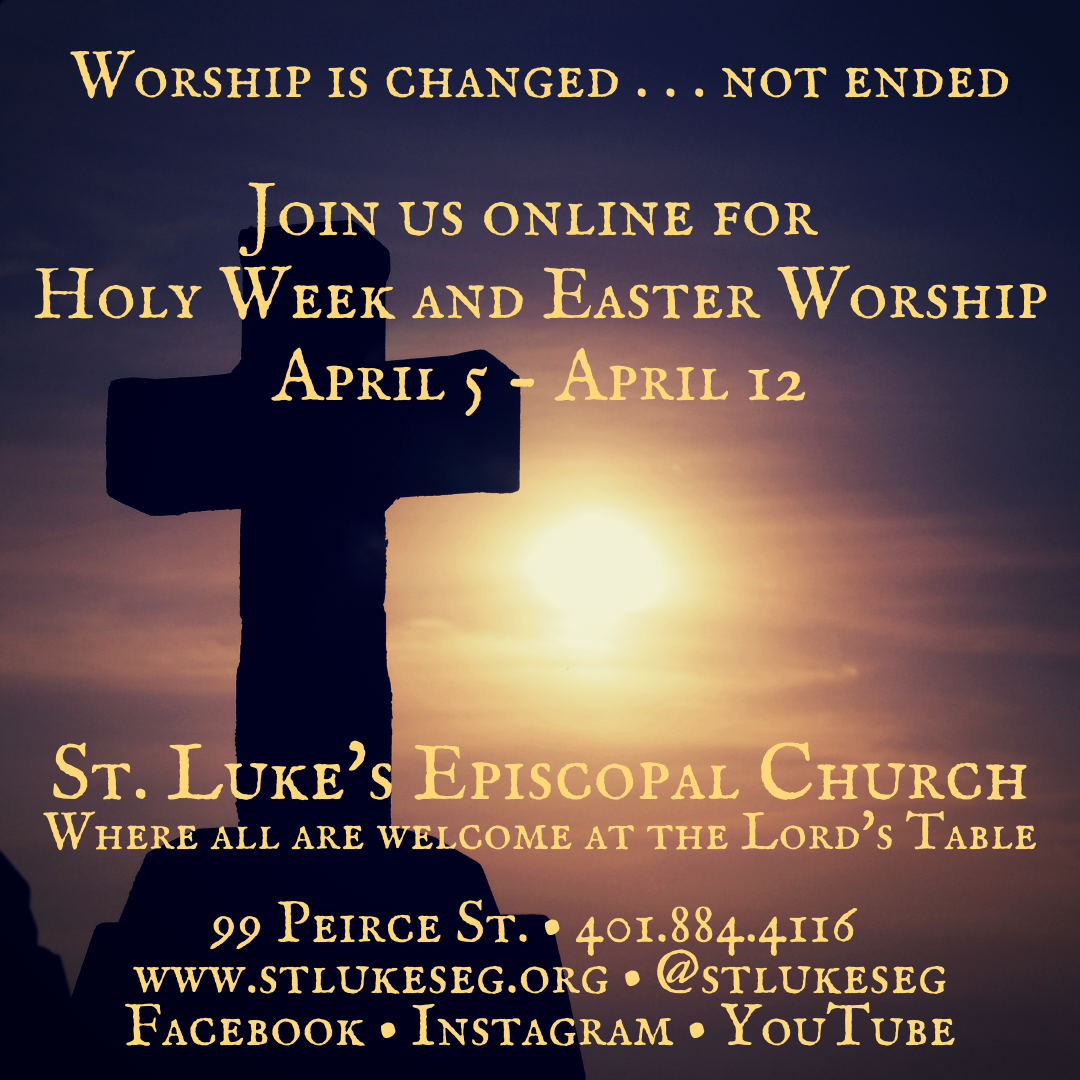Home > Lenten Blog 2025
Who is our God?
April 9, 2025

Daniel 3:14-20, 24-28 | John 8:31-42 | Canticle 2 or 13
We are now in the fifth week of Lent. We have prayed; we have fasted; we have sacrificed; we have introspected. Very soon we will be in the depths of Jesus’ passion and will relive his entry into Jerusalem and the agony of his betrayal and crucifixion. We dare to look forward to the joy of his resurrection. Today’s readings give us a chance, before we enter these dramatic events, to reflect on who is our God.
In the days of King Nebuchadnezzar II, who ruled the Neo-Babylonian empire from 605 BCE to 562 BCE, the Babylonians waged wars on neighboring territories, including the Kingdom of Judah which they defeated. Shadrach, Meshach, and Abednego were among the many Judeans exiled to Babylon. The story we read today from Daniel 3 shows the strength of faith demonstrated by these young men. In the story we learn that Nebuchadnezzar has ordered them to worship his Babylonian gods including a golden statue. Nebuchadnezzar dramatically threatens the young men that if they do not fall down and worship his gods, he will throw them in a furnace of blazing fire. He challenges their god to save them. What will the young men do? Certainly, it would be expedient to fall on their knees and pay homage to Nebuchadnezzar’s god. However, the young men do not do this and instead enter the fire. The king is amazed to find that the god of Shadrach, Meshach, and Abednego saves them and that the fire has no power over them. In fact, the three and an angel are able to walk in the fire unharmed. The passage concludes with Nebuchadnezzar saying “Blessed be the God of Shadrach, Meshach, and Abednego, who has sent his angel and delivered his servants who trusted in him. They disobeyed the king’s command and yielded up their bodies rather than serve and worship any god except their own God.”
In our passage from John (8:31-42), Jesus continues his dialogue with the Judeans who are not convinced that he is the son of God. The Judeans acknowledge that God is their father, but they reject Jesus as the son of God. Jesus tells them this cannot be, because if God were truly their father, they would love him, concluding, “I did not come on my own, but he sent me.” In the passage from Daniel, the Judeans show loyalty to their God even when confronted with death. The Judeans of Jesus’ time cling to an image of God in which they cannot see the son of God standing in front of them.
Will we be able to know God if God stands in front of us? Will we be able to trust in God as the young Judeans did? Will we need to see a miracle before we can believe? These are urgent questions as we are confronted with decisions concerning who to believe in now. Will we worship any god except our own God? In the words of today’s Collect, “Almighty God our heavenly Father, renew in us the gifts of your mercy; increase our faith, strengthen our hope, enlighten our understanding, widen our charity, and make us ready to serve you through Jesus Christ our Lord, who lives and reigns with you and the Holy Spirit, one God, for ever and ever.”
Trish Morokoff


